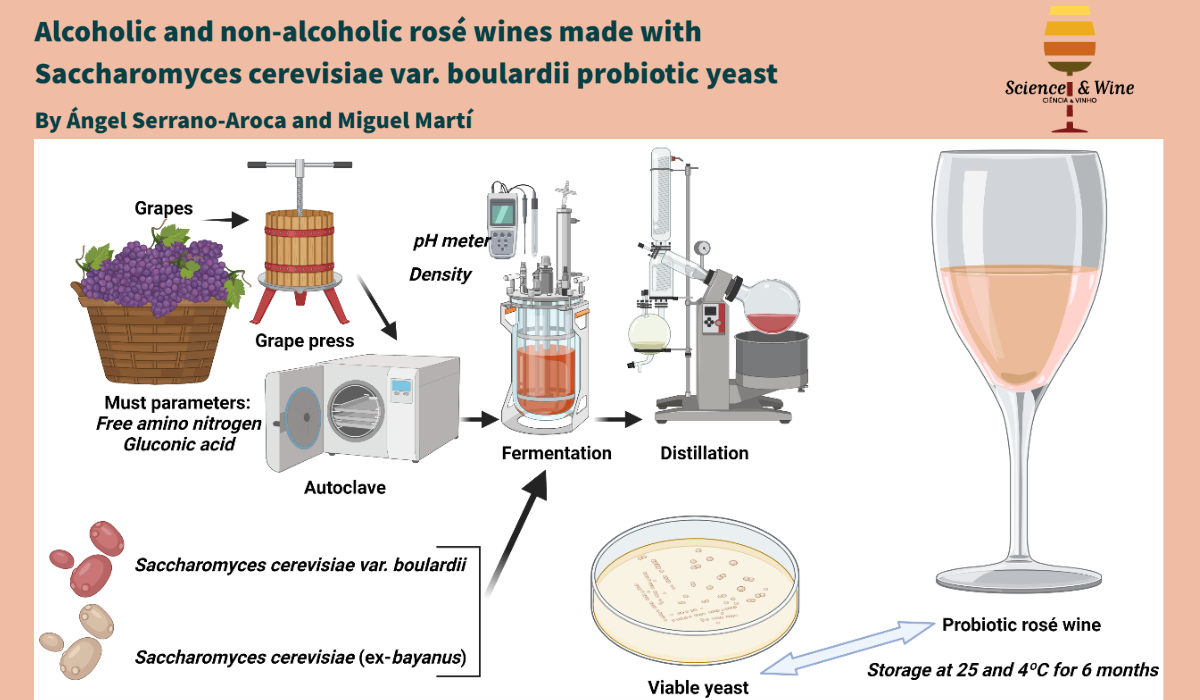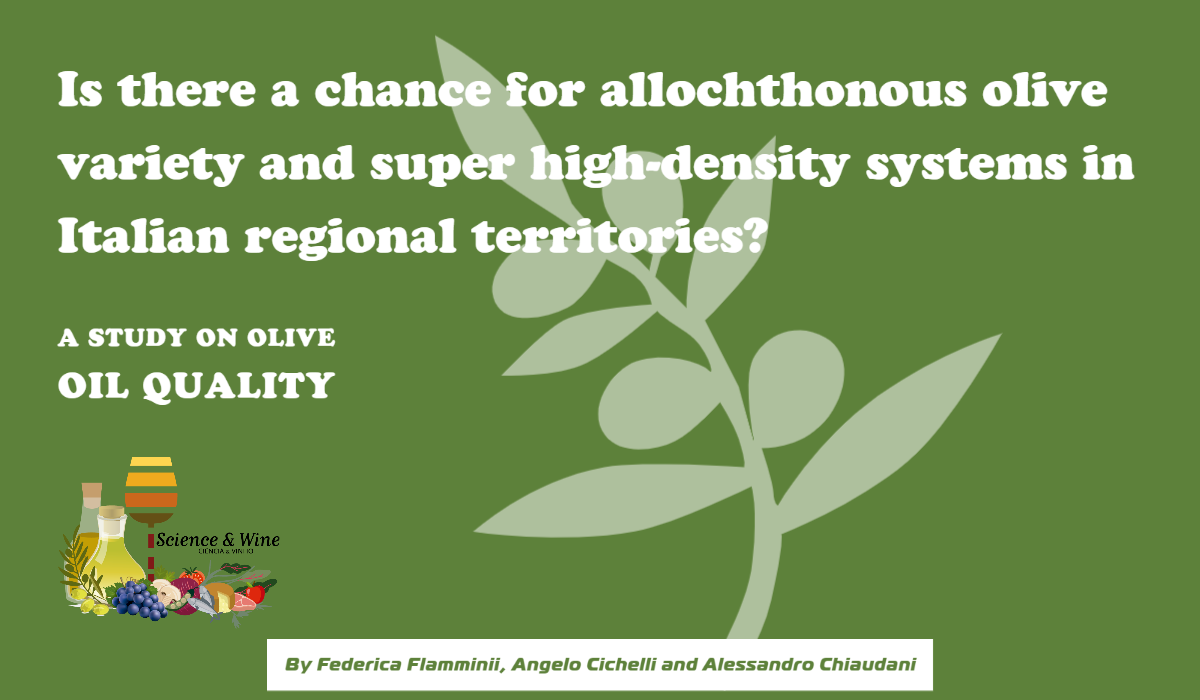The transition to a sustainable economic and environmental management of olive oil sector needs to be implemented in both national and regional territories through the introduction and development of innovative growing systems and variety. In this study, the olive oil quality parameters of local and allochthonous varieties cultivated in different orchards located in the Abruzzo region (Italy), using traditional and super high-density systems, were analyzed. Frantene, Lecciana, Koroneiki, and a mix of Arbequina and Lecciana provided olive oils rich in flavonoids and secoiridoids compounds with respect to the local varieties Frantoio, Leccino, and a mix of Dritta, Leccino, and Pendolino. Oleic/linoleic ratio was influenced by cultivar and training systems with super high-density olive oils rich in oleic acid. Frantene showed a peculiar fatty acid profile different from cultivars grown in the same location; moreover, interesting similarities were found between Frantene and the mix of Dritta, Leccino, and Pendolino in terms of health-related compounds. The potential development of innovative sustainable training system to improve olive oil quality was highlighted. The study’s results identify olive varieties suitable for super high-density systems spread in the Abruzzo region, representing a valid alternative for the olive growers to improve both the quality of the olive oil, as well as the company’s income.

3rd Science & Wine World Congress
We invite you to join us at the 3rd Science & Wine World Congress and experience the insightful presentations of our esteemed guest speakers. Mark your calendars for June 16th, where Quinta do Ventozelo will provide the perfect backdrop for a memorable day filled with captivating discussions, delectable cuisine, and the inspiring presentation of the Humanwinety project.
Don’t miss this opportunity to be part of the transformative journey towards sustainability and inclusivity in the Mediterranean region. Submit your abstracts and secure your place at the Congress today!

Alcoholic and non-alcoholic rosé wines made with Saccharomyces cerevisiae var. boulardii probiotic yeast
The production of alcoholic and non-alcoholic rosé wines using Saccharomyces cerevisiae var. boulardii probiotic yeast is described in this study for the first time. The outcomes revealed that the rosé wine made with S. cerevisiae var. boulardii had the same values and preliminary sensory characteristics as other commercial wines made with S. cerevisiae EC-1118. The S. cerevisiae var. boulardii yeast successfully survived the high alcohol level produced during fermentation and vacuum distillation. The study also revealed that this unique rosé wine retains its probiotic viability for at least 6 months when stored at room temperature or in the refrigerator, making it a suitable candidate for large-scale production where long storage intervals are required by both producers and consumers.

